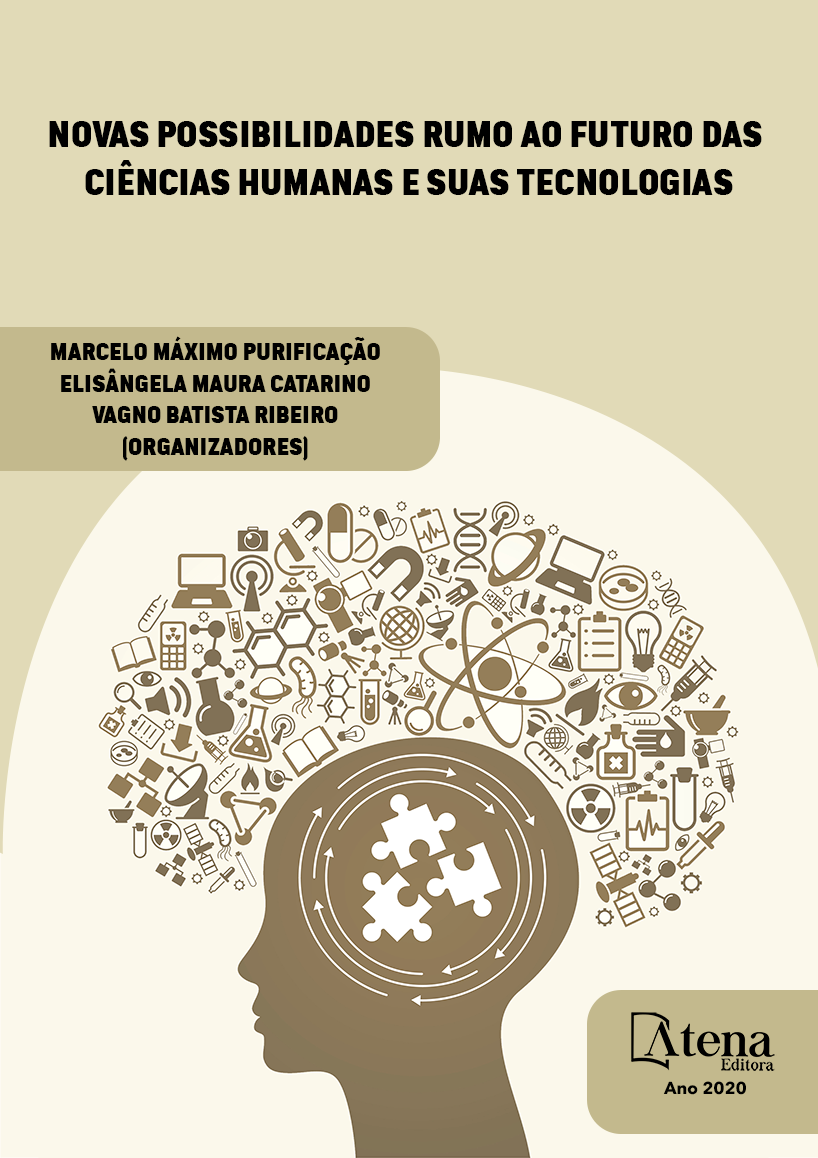
MUDANÇAS E CONTINUIDADES PRODUTIVAS E ALIMENTARES NO COTIDIANO DE AGRICULTORES FAMILIARES DO SUDOESTE DO PARANÁ
A produção de alimentos sofreu impactantes modificações a partir da metade do século XX. Tal aspecto refletiu na especialização de processos produtivos, assim como na produção de alimentos para o consumo próprio. Hábitos alimentares que, historicamente, caracterizavam as refeições passaram por gradativos ajustes, com a inserção de alimentos oriundos da indústria. Entretanto, a continuidade de hábitos alimentares, ligados a aspectos socioculturais permanecem na produção (in natura e processada) de alimentos. Esta produção de caráter artesanal tem proporcionado a comercialização direta ao consumidor. Diante deste contexto, o estudo teve como objetivo compreender o processo de mudanças e de continuidades produtivas e alimentares no cotidiano de agricultores familiares no sudoeste do Paraná, Brasil, bem como verificar de que forma tais continuidades têm resultado na geração de renda alternativa àquela oriunda do vínculo com o agronegócio. A pesquisa foi realizada no município de Dois Vizinhos. O levantamento de dados foi realizado por meio da aplicação de um roteiro simplificado de perguntas com lideranças das comunidades rurais, sindicatos e agentes de assistência técnica e extensão rural. Os dados coletados foram analisados por meio do conceito de impérios alimentares, proposto por Van der Ploeg, que os define como formas de ordenamentos da produção e consumo de alimentos no mundo, através de redes orquestradas por corporações ligadas ao agronegócio. O estudo revelou que os agricultores da localidade analisada passaram a se especializar em atividades produtivas para fornecer matéria-prima a agroindústria. Paralelamente, alimentos produzidos pela indústria passaram a suprir a demanda alimentar dos agricultores. Não obstante, hábitos alimentares vinculados a trajetória sociocultural de agricultores familiares mantém-se presentes nas residências. Esta herança cultural vem refletindo em produtos que se tornaram objeto de comercialização direta ao consumidor.
MUDANÇAS E CONTINUIDADES PRODUTIVAS E ALIMENTARES NO COTIDIANO DE AGRICULTORES FAMILIARES DO SUDOESTE DO PARANÁ
-
DOI: 10.22533/at.ed.76820020416
-
Palavras-chave: impérios alimentares, indústria de alimentos, resistência
-
Keywords: 15
-
Abstract:
Food production has undergone impressive changes since the middle of the 20th century due to the process known as modernization of agriculture. Since then, this process has inserted family farmers into productive dependency relations ordered by corporations linked to agro-food networks. One of the main reflections was the expressive specialization of productive processes that family farming has been passing through. This aspect also reflected in the production of food for own consumption. Food habits that historically characterized family farmers' meals underwent gradual adjustments, with the insertion of food from the industry. However, the continuity of dietary habits, linked to socio-cultural aspects of rural families, remains and is present today, reflected in the production (in natura and processed) of food. This production of artisanal character has provided, in some situations, the direct commercialization to the consumer. In this context, the objective of this study was to understand the process of changes and continuity of production and food in the daily lives of family farmers in the southwest of Paraná, Brazil, as well as to verify how these continuities have resulted in the generation of income alternative to that originated from link with agribusiness. The research was carried out in the municipality of Dois Vizinhos. Data collection was carried out through the application of a simplified questionnaire with leaders of rural communities, trade unions and agents of technical assistance and rural extension. The data collected were analyzed through the concept of food empires, proposed by Van der Ploeg, which defines them as forms of food production and consumption in the world, through networks orchestrated by corporations linked to agribusiness. The study revealed that the farmers of the analyzed locality began to specialize in productive activities to supply raw material to agroindustry. At the same time, food produced by industry began to supply the food demand of farmers. Nevertheless, dietary habits linked to the sociocultural trajectory of family farmers are present in the residences. Such cultural heritage has been reflected in products that have become the object of direct marketing to consumers. Such an aspect may reflect in processes of resistance to hegemonic relation of dependence to the alimentary empires. -
Número de páginas: 15
- José Marcos da Silva
- Patrícia Fernandes


